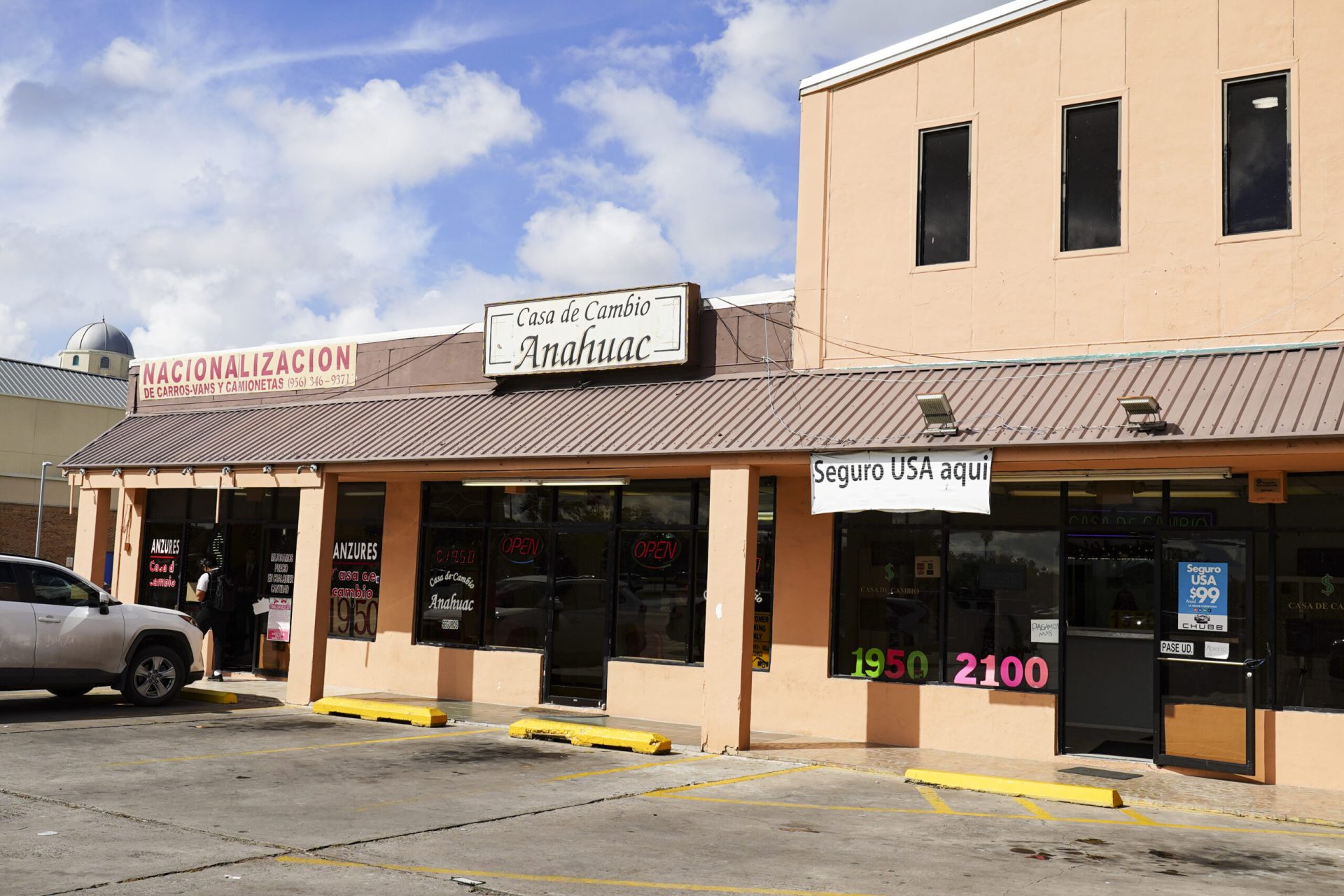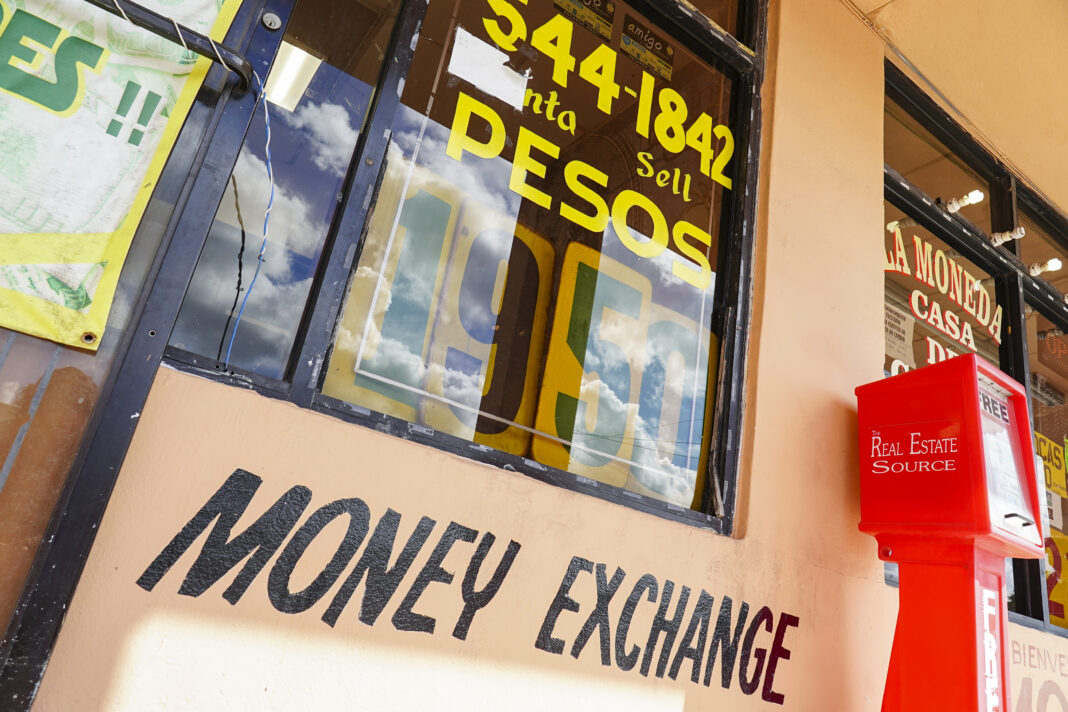Mexico’s economy is shrinking and dragging down the value of the peso, which is never good news for businesses on this side of the border that rely on cross-border shoppers.
Antonio O. Garza, counsel for White & Case Mexico City, retired U.S. ambassador to Mexico and Brownsville native, said in a recent analysis of the “Three Amigos” summit between President Joe Biden, Mexican President Andres Manuel Lopez Obrador and Canadian Prime Minister Justin Trudeau, which Biden hosted on Nov. 18 at the White House, that Mexico’s sagging economy is being caused in part by U.S. consumer price inflation and an increase in interest rates by the Bank of Mexico.
Ironically, the news comes on the heels of the recent reopening of the U.S. land ports-of-entry to “non-essential” travel from Mexico, a move cheered by the Rio Grande Valley’s retail sector, largely forced to do without business from Mexican national shoppers since the U.S. Department of Homeland Security imposed restrictions in March 2020.
Garza wrote in his analysis that the impact of the challenges discussed during the summit was “reverberating throughout the region.” U.S. inflation recently hit a 31-year high, as employers still face labor shortages and supply-chain issues, and the Mexican economy shrank 0.2 percent from the previous quarter, that country’s first contraction since recovery from the pandemic began, he noted. Garza said the peso’s value is expected to continue falling next year.

“There are a number of things at play here, all of which I think we’ll feel in Brownsville and along the border,” he said. “First, the weakening of the currency will have an impact on Mexican’s purchasing power and, in spite of some pent-up demand in the wake of the travel restrictions, Mexico’s economy is sagging and folks are feeling it. I’m guessing you’ll see a slight uptick in economic activity going into the holiday season, and a fall-off shortly thereafter and lasting well into 2022.”
Among the sore points going into the summit was the Biden administration’s proposed consumer tax credit for electric cars produced in the United States, Garza said. Canada and Mexico are worried such a credit would encourage automakers to move their factories to the United States and allege it would violate the terms of the U.S. Mexico Canada Agreement, which took force last year, he said.
Garza said in his report on the summit that Mexico’s economy minister called out the United States for allegedly pursuing protectionist polities, while the Canadian finance minister said the proposal was at risk of becoming the “dominant issue in our bilateral relationship.” Much of the steel used by automakers in Mexico comes through the Port of Brownsville, and it represents a key source of income for the port.
Other companies that cater to the auto industry in Mexico are located in the Valley as well, though Garza wasn’t expecting any impact from the credit — if it comes to pass — anytime soon.
“The saving grace of Mexico’s economy these past couple of years have been manufacturing and remittances,” he said. “I think that to the extent that our port activity is tied to Mexico’s auto sector we won’t feel an immediate hit from initiatives like the electric car credit. What steel companies are more focused on in the short term are keeping production and employment in North America and fending off the challenge of China and other countries.”
Garza described the summit, which took place against a backdrop of pressing challenges such as COVID-19 and regional migration, as a further step toward Biden’s goal of re-institutionalizing relations abroad and more fully integrating North American nations in order to counterbalance China’s growing global influence.





